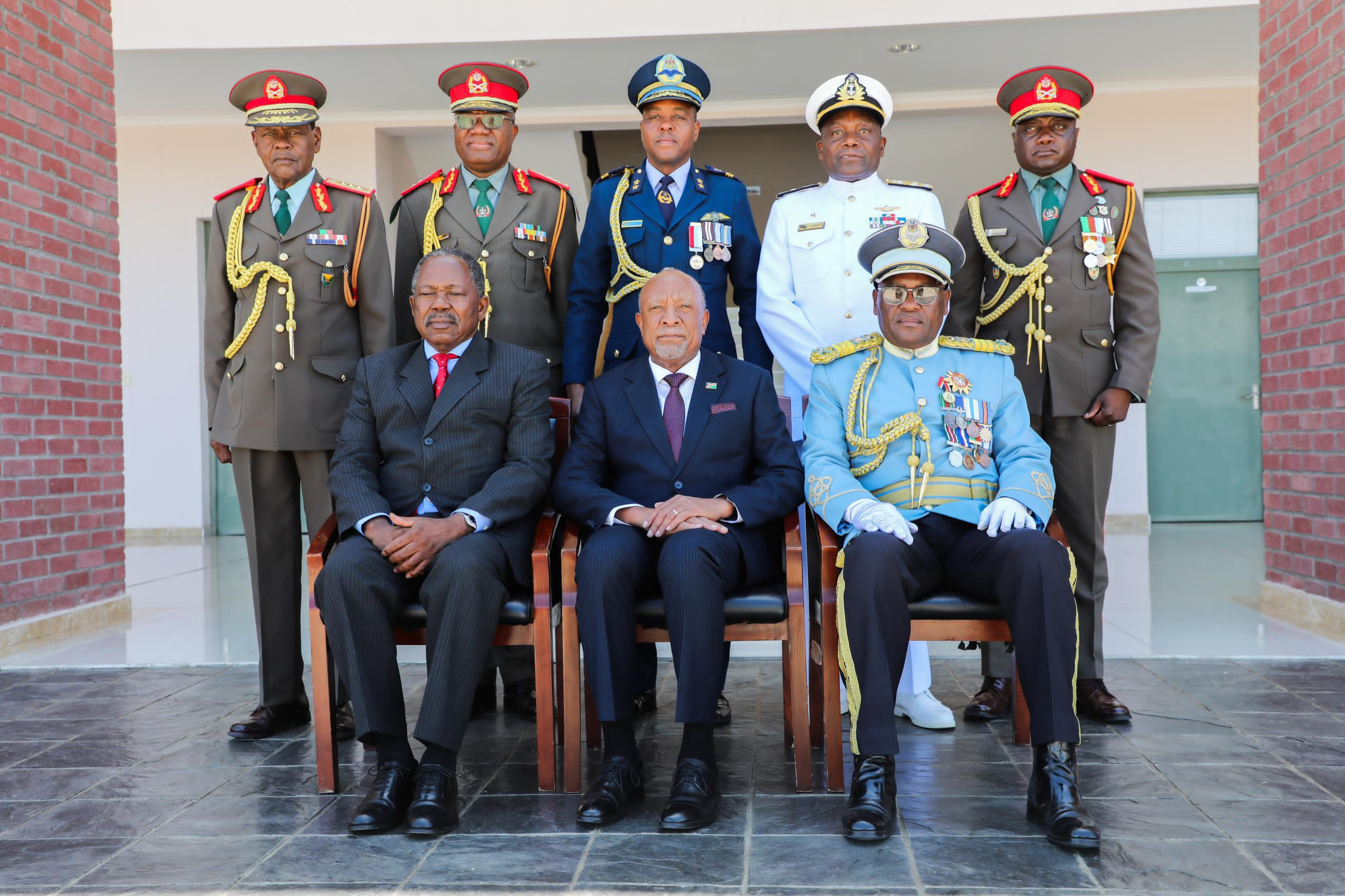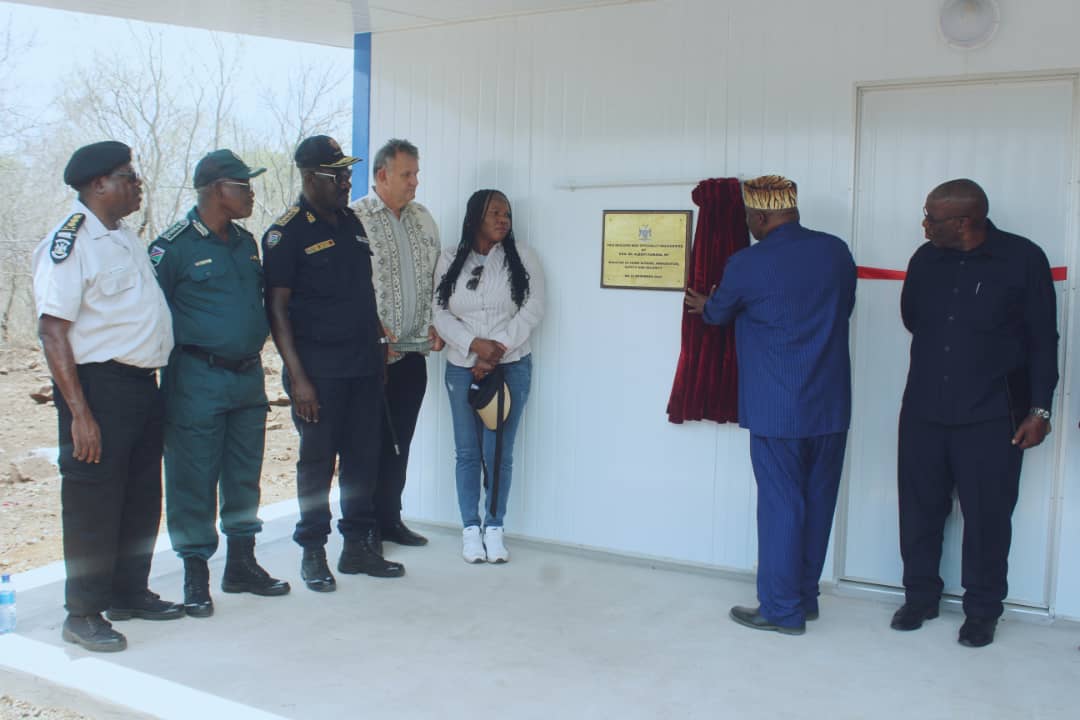TikTok has emerged as a powerful tool for investigative journalists across Africa, transforming how stories are told.
The social media app that allows users to create and share short videos has changed how information reaches audiences, especially younger ones.
This was revealed by TikTok journalist Catherine White during the 20th African Investigative Journalism conference, taking place in Johannesburg, South Africa, this week.
With over 400 investigative journalists currently attending the conference, White said TikTok has broken down traditional barriers, making complex investigations more accessible and understandable to a younger, more digitally inclined generation.
“Investigative journalists are encouraged to also use TikTok as a tool to do their stories. Most of the youth are now mainly on TikTok, and in order to attract them you need to do short investigative stories that can go viral by sharing crucial information,” she said.
According to White, with issues like censorship, limited reach and high data costs, TikTok provides an alternative platform for fearless storytelling, while maintaining an ethical code of conduct.
“Journalists must also make sure that they always avoid the risks of misinformation by fact-checking and communicating their finds clearly,” she said.
White believes there are millions of ways of telling a story on TikTok, and showing your face is merely one of them.
“There is no [formula] on how you should do your videos on TikTok, and sometimes you do not have to put your face,” she said.
The conference is also being attended by Namibia Media Trust director Zoé Titus and veteran Namibian journalist and editor Gwen Lister.
Stay informed with The Namibian – your source for credible journalism. Get in-depth reporting and opinions for
only N$85 a month. Invest in journalism, invest in democracy –
Subscribe Now!






